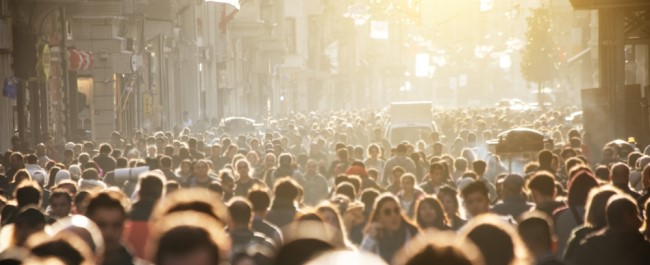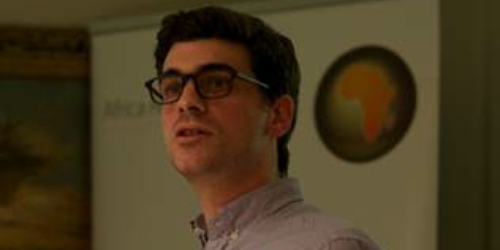Are we evolving into cities?

Integrating demographic, geographic and evolutionary theories to explain global urbanisation.
The challenge
We are becoming an urban species. More than half of the global population lives in urban areas; by 2100 over 80 percent of humans will likely live in towns and cities. We are not the only ‘urban’ species, but we’re the only one that has undertaken such a dramatic, near universal and seemingly permanent change in habitation behaviour in such a short space of time. Why did this happen?
It is now well-established that the conventional understanding of urbanisation as a by-product of industrialisation is incomplete: trends observed in the post-war era, such as urbanisation without industrialisation in many developing countries, don’t fit this model. Yet there is no consensus on alternative explanations for these trends.
What we're doing
We are revisiting the basic question of why human populations urbanise from the perspective of evolutionary theory. This represents a radically different starting point than traditional theories emphasising the most important economic forces. From an evolutionary perspective, we must ask how and why humans have come to live in large communities of interdependent strangers.
We are beginning to explore how evolutionary theory, and insights from empirical studies of other animals that have partially urbanised, might be applied to homo sapiens. We also plan for empirical validation of the models derived from this synthesis of economic history, demography, socioecology and spatial modelling.
How it helps
The urbanisation of the human species has profound and far-reaching implications for our impact on the environment and our ability to reduce this impact. Past policy strategies designed to manage urbanisation based on the traditional economic model—such as ‘growth pole’ initiatives and policies to disincentivise or restrict migration into cities - have serially failed. To better manage the urbanisation at local, regional and global scales we need a better explanation for why it has happened.
From a scientific perspective, a better theory of urbanisation will allow us to improve models and projections of human settlement changes that affect a wide range of environmental phenomena, from biodiversity to emissions to heat stress in human populations.
 Lead researcher profile
Lead researcher profile
Dr Sean Fox, Senior Lecturer in Global Development
Related research centres
Partner organisations
- University of Swansea, Biosciences / SHOAL Group